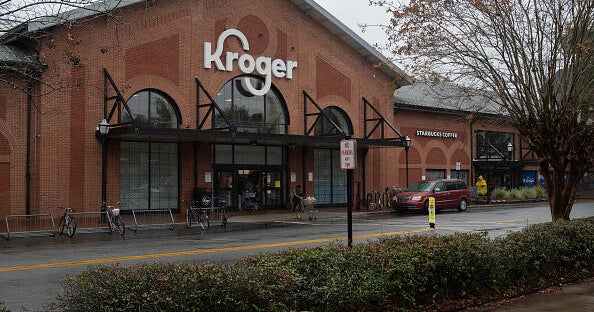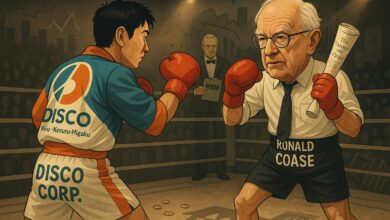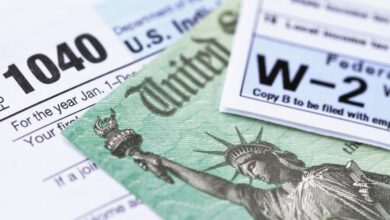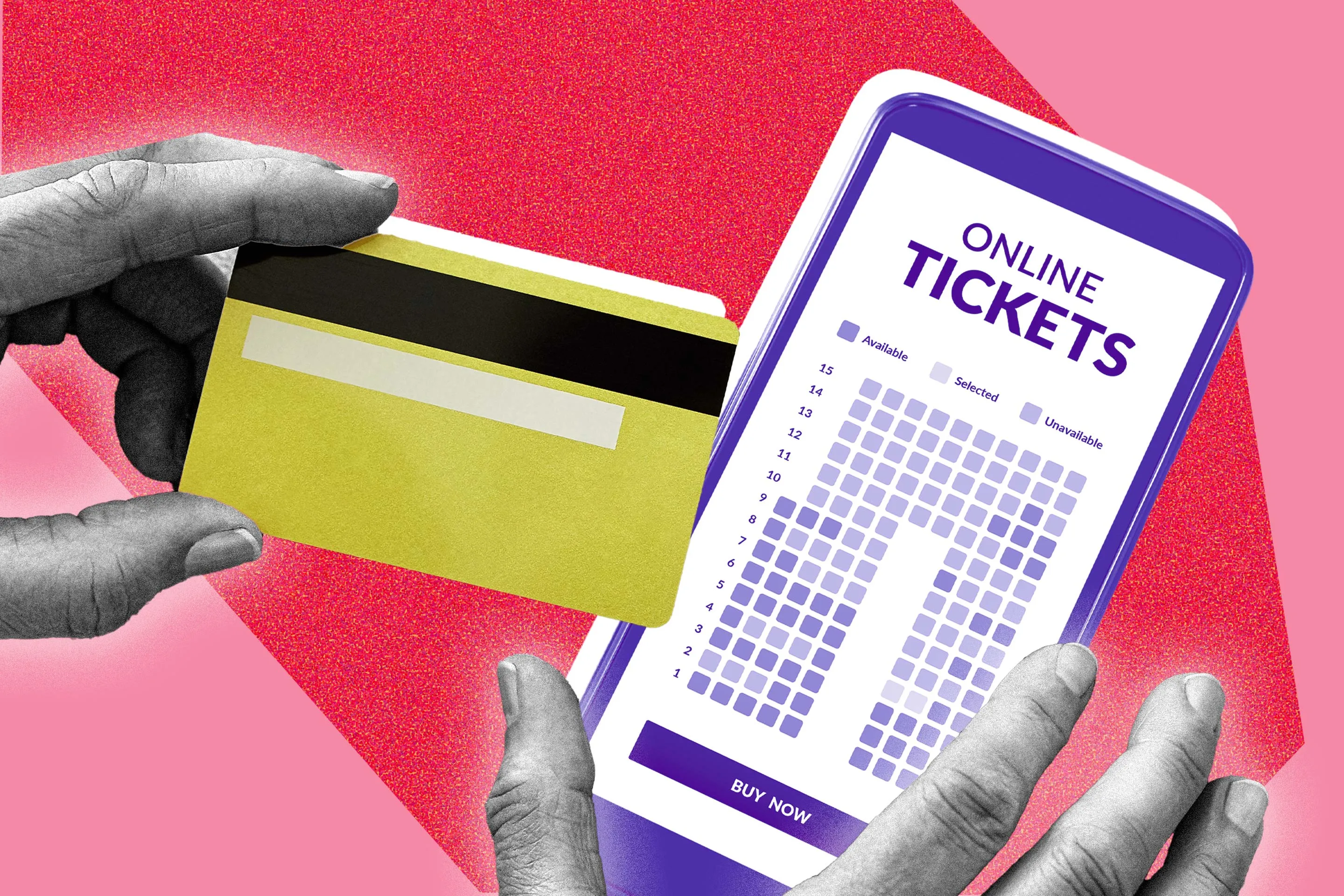Kroger overcharges customers for items marked as being on sale, Consumer Reports finds

Kroger shoppers may find themselves facing unexpected charges at the checkout counter due to price tag errors at the supermarket chain’s stores. A recent investigation revealed that customers were being overcharged on items marked as discounted or on sale, with expired discount tags found on everyday products such as Cheerios cereal and Nescafé instant coffee. The probe, conducted by Consumer Reports, The Guardian, and the Food & Environment Reporting Network (FERN), was prompted by allegations from Kroger employees in Colorado who are currently in labor negotiations with the company.
According to Edgar Dworsky, a consumer advocate and former assistant attorney general in Massachusetts, shoppers have the right to pay the advertised price, and the issue of inaccurate shelf prices is a significant concern. Kroger, which operates approximately 2,700 stores across the U.S., including Harris Teeter, Fred Meyer, Fry’s, and Ralphs, came under scrutiny during the investigation.
To conduct the investigation, shoppers were recruited to visit over two dozen Kroger and Kroger-owned stores in 14 states and the District of Columbia over a three-month period. The findings revealed overcharges on more than 150 grocery items, with an average overcharge of $1.70 per item or 18.4%. For example, a bag of Mission Flour Tortillas at a Harris Teeter store in Alexandria, Virginia, was advertised on sale for $2.99 but charged at $4.99. While not all Kroger stores were found to have pricing errors, over half of the 26 locations examined were found to have issues.
Kroger disputed the findings of the investigation, stating that the pricing concerns were greatly overstated. The company’s spokesperson emphasized that the errors highlighted by the investigators were minimal compared to the billions of customer transactions processed annually. Despite a recent easing in the rate of inflation and grocery prices, consumers continue to face higher costs for household goods.
The issue of overcharging is not unique to Kroger, with other retailers like Walmart, Safeway, Albertsons, and Vons facing similar allegations. In October, Albertsons agreed to pay $4 million to settle a lawsuit accusing the chain of selling items for more than their lowest advertised price. However, the Kroger case stands out due to the retailer’s strong presence in states where it is one of the few options for grocery shopping.
Customers have reported numerous complaints about out-of-date sales prices at Kroger stores, dating back to the COVID-19 pandemic. Individual complaints and class-action lawsuits alleging pricing errors have been filed against Kroger locations in California, Ohio, and Illinois. In response, Kroger has implemented a policy that empowers employees to address price discrepancies on the spot.
The investigation also raised concerns about potential staffing issues at Kroger-owned stores, with a decline in the average number of employees and work hours per store noted between 2019 and 2024. Despite these findings, Kroger denies any problems with understaffing and maintains that staffing decisions are data-driven to balance workload and schedules.
As the investigation unfolds, Kroger continues to report record sales and profits, with $3.8 billion in operating profit reported last year. The grocery giant remains committed to affordable and accurate pricing, conducting regular price checks to ensure shelf prices are correct. However, the issue of overcharging and pricing errors highlights the importance of transparency and accuracy in retail operations to maintain consumer trust and loyalty.





